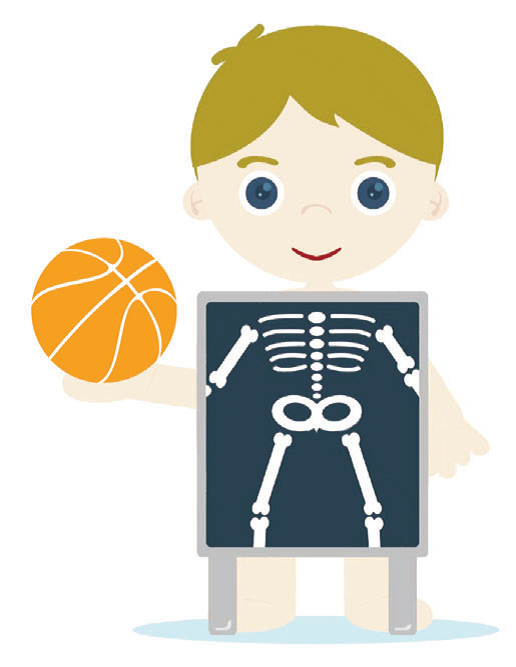BY BRIANNA JOHNSON-KING “I am a big believer in physical activity for wellness in general, and certainly for strength,” says Megan Henry, Director of Athletics at Columbus School for Girls in Bexley, Ohio. “Those years before puberty are critical times for kids to build bone mass—to develop and grow.” The early years of your kid’s life are crucial for behavior, mental health, and overall development; the brain grows more before age five than it will […]
Tag: special needs
Are “all men (and women) created equal?”
AMERICAN ACADEMY OF DEVELOPMENTAL MEDICINE & DENTISTRY BY H. BARRY WALDMAN DDS, MPH, PHD, STEVEN P. PERLMAN DDS, MSCD, DHL (HON) AND MATTHEW COOKE, DDS, MD, MPH Advances have been made in the United States and other countries, but we have a long way to go to reach any semblance of equality between individuals with disabilities and the general public. “…Abraham Lincoln asked his listeners why the Declaration of Independence asserted that ‘all men are […]
The Physical Part of Education
HE FITNESS PRIORITY BY KRISTIN MCNEALUS, PT, DPT In 1990, the Individuals with Disabilities Education Act (IDEA) was passed, requiring that all people with disabilities, of school age, have access to Physical Education in a normal school environment. Does your child participate in physical education consistently? Do you know what your child is doing in those classes? And why this is as important as any other subject in school? Adapted physical education is PE that […]
DYSLEXIA Legislative Updates Supporting Innovative Pathways Toward Student Achievement In Reading
BY ANGELA SHAW Since its inception in 1975, the original legislation, the Education for All Handicapped Children Act (Pubic Law 94-142), has evolved and matured to provide a free appropriate public education (FAPE) within an ever widening, least restrictive environment (LRE), grounded upon scientific advances that ensure high-quality, meaningful, and beneficial education for all students. The reauthorization process accounts for advancement and understanding to maintain a fluid support system toward educating students with disabling conditions […]
IEPS, 504 PLANS AND BEHAVIOR CONTRACTS
BY JENNIFER WOODWORTH, PSY.D. According to the U.S. Department of Education, National Center for Education Statistics, during the school year 2012-2013, almost 13 percent of children enrolled in public school received some form of specialized education. These include children who have been identified as having a disability that is interfering with their education; where there are many more students with informal behavior plans or accommodations that have been agreed upon by the teacher and parent. […]





